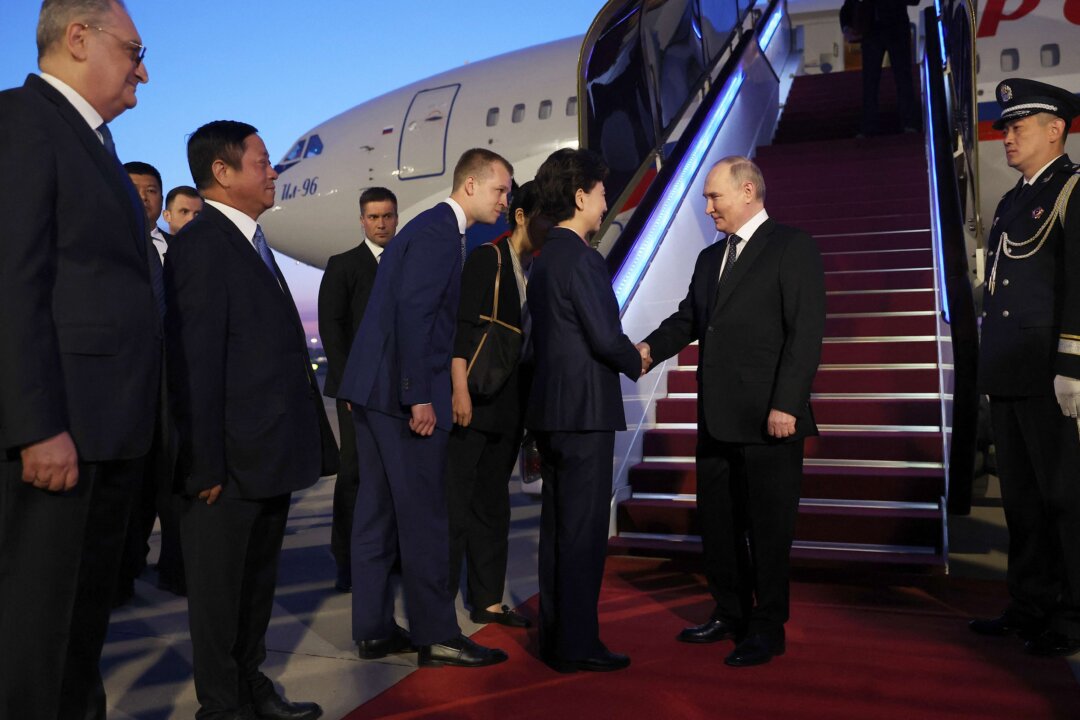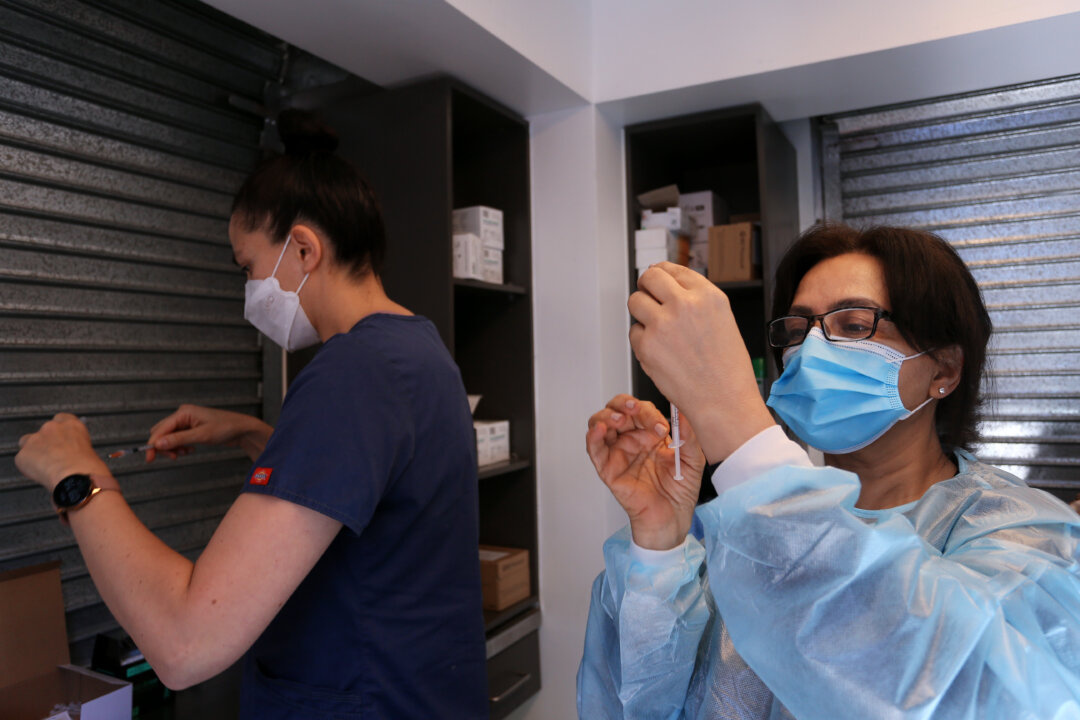Greens Senator for NSW David Shoebridge said the strategy is a ‘criminal decision from Labor to push for new climate-smashing gas mines.’
The Australian Labor government is pushing the development of new gas fields to underpin its race to net zero by 2050.
The new Future Gas Strategy will support the economy’s clean energy transition and ensure energy affordability and security. It also aims to promote the country’s trade and investment credentials to attract investors.
“Ensuring Australia continues to have adequate access to reasonably priced gas will be key to delivering an 82 percent renewable energy grid by 2030, and to achieve our commitment to net zero emissions by 2050,” Resources Minister Madeleine King said.
“The strategy makes it clear that gas will remain an important source of energy through to 2050 and beyond, and its uses will change as we improve industrial energy efficiency, firm renewables, and reduce emissions.”
Australia’s third-largest export last financial year was LNG, contributing 14 percent of all export income and supplying around a fifth of global LNG supply. Chevron and Woodside Energy Group in Western Australia led the largest LNG projects.
The strategy mentions the importance of the Scarborough LNG project in Western Australia and the Beetaloo Basin in the Northern Territory, both of which still need approval and are opposed by environmental advocates.
Other key principles were also underlined in the strategy, such as acquiring new gas sources and shifting to higher-value and non-substitutable gas usage.
In the meantime, the Australian government will adopt an action plan, including implementing a new Transboundary Carbon Capture and Storage (CCS) program and introducing a “use it or lose it” policy for companies to encourage more gas exploration.
Business Groups, Workers’ Union Support the Gas Strategy
The Australian Workers’ Union expressed its strong endorsement of the Future Gas Strategy and disappointment with the Greens’ opposition.
“Energy policy should be built on evidence, practicality and the need to meet our economic, emissions and strategic needs—not on emotion, fear or an ideological attachment to preferred forms of energy. The strategy reflects this approach,” said AWU National Secretary Paul Farrow.
Mr. Farrow believes unclear notions about the future role of gas have been widespread, contributing to public uncertainty.
He also said the government should prioritise actions that help increase supply due to long development timelines and anticipated domestic shortages.
The Business Council of Australia (BCA) and Victorian Chamber of Commerce and Industry also shared positive sentiments on the strategy, emphasising that gas is an essential part of the green energy transition.
“The Future Gas Strategy strikes the right balance by ensuring Australia can transition to net zero, while also keeping prices down, delivering reliable power supply and retaining jobs,” BCA Chief CEO Bran Black said. “The strategy sends a clear signal that we are a reliable transition partner, now and into the future.”
“The Future Gas Strategy is taking a pragmatic approach to our transition to net zero. Put simply, this huge economic opportunity cannot happen without natural and renewable gas, as well as emerging technologies such as carbon capture and storage,” VCCI CEO Paul Guerra said.
Gas Strategy Faces Backlash from Greens
On the other hand, the initiative was met with backlash from political adversaries and concerned NGOs.
“The world is cooking and the Albanese government’s plan is to turn up the gas,” David Shoebridge, Greens senator for NSW, said on X.
“This is a criminal decision from Labor to push for new climate-smashing gas mines.”
Parents for Climate CEO Nic Seton viewed the strategy as a betrayal to kids who rely on parents to protect them from the impacts costs of living and extreme weather.
“Parents rely on the government to do what’s right by our kids, but this plan treats big gas companies as more important than our children,” Mr. Seton said. “And it’s our kids who will pay the price across their lifetimes, because more polluting gas means more damage to our communities, higher insurance bills and risks to food supply.”
Mr. Seton claims the strategy replicates the intentions of the previous Morrison government’s gas-fired recovery plan in promoting new gas fields, which was initially derided by the Labor Party when it was in opposition.
Institute for Energy Economics and Financial Analysis (IEEFA) lead gas financial analyst Josh Runciman said the strategy’s costs outweighed its potential benefits.
According to IEEFA research, implementing cost-effective measures to lower residential gas demand can eradicate supply shortfalls, particularly in southern Australian states, while reducing household energy bills.
“Our research has found that further gas exploration and development is definitely not needed,” Mr. Runciman said. ”Gas exploration expenditure has been falling for the past decade as gas companies pivot to renewable investments or return cash to shareholders.”
Despite the LNG industry’s positive gains, IEEFA research said LNG demand would weaken until 2035, with contract volumes forecasted to be less than half of what they were in 2024, ridding the need for additional supply.














 English (US) ·
English (US) ·  Turkish (TR) ·
Turkish (TR) ·